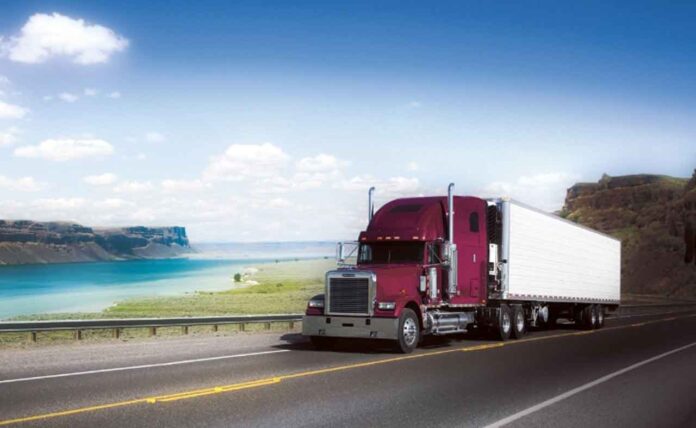The freight industry is undergoing significant shifts as environmental concerns and regulations increase. Because of this, shipping companies need to change their practices to minimize emissions while still achieving reliable and on-time delivery. Sustainability is not only a consideration of late but an essential investment because it is what consumers want and it is understood that employing green measures will prove to be profitable in the long run. The question is no longer if sustainability should be pursued but how it can be achieved in an industry such as logistics.
Freight services in Canada make up roughly a quarter of greenhouse gas emissions. As a result, companies are coming up with new ways to reduce emissions while maintaining efficiency. The transition to sustainable practices has been quickened by the environment as a result of consumer pressure and more stringent emission control.
One of the companies leading this movement in Canada is Challenge Motor Freight, a reputable transportation service provider with a forward-thinking approach. Dan Einwechter, the founder of Challenger, emphasized sustainability practices by making it part of the company’s culture focusing on operational efficiency, reduction of emissions, and environmental practices throughout the fleet. “Our goal is to reduce emissions while maintaining efficiency,” Einwechter shares. “We’re committed to doing our part by investing in technologies that reduce our environmental impact.”
In light of this, Challenger has taken several steps to lessen its impact on the environment. The company has installed telematics systems within its fleet and arranged driver training focused on the achievement of fuel economy through optimal driving techniques to enable tracking of fuel consumption and performance of vehicles. The company has also instituted driver training programs aimed at inculcating driving practices that are fuel-efficient. Such modifications might appear minor on their own but when added up, they play an important role in emissions management and enhancing the efficiency of Challenger’s operations.
Challenger’s case is representative of the wider phenomena occurring in the freight market, where companies are shifting towards new technologies. It will take time before electric and hybrid trucks become common in the industry, primarily due to their costs and the gravity of the investment needed for supporting infrastructure. Companies are making modifications by adopting renewable fuel alternatives which are on fast uptake such as bio-diesel, as substitutes for traditional diesel. There are even some logistics companies venturing into the use of hydrogen fuel cells, which are predicted to have zero emissions and be highly efficient but are still under research and development.
Route optimization for transportation has emerged as another important tool in the quest for sustainability. Such systems help cut down fuel usage and the emissions of greenhouse gasses since they help with determining the most efficient routes for the moving of shipments. In addition, many freight companies are also considering alliances with firms that deal with recycling and waste management for the sustainability of their operations.
Einwechter emphasizes that Challenger’s commitment goes beyond surface-level adjustments. “Investing in sustainability is about investment in the future. It is the right thing to do, and it also positions us at the forefront of a world that is becoming more eco-friendly,” he says. This long-term vision reflects a shift in the industry where sustainability is not just a regulatory hurdle but an opportunity for growth, resilience, and enhanced brand reputation.
Looking ahead, industry analysts suggest that sustainable practices will become increasingly central to freight operations. Electric vehicles (EVs) are predicted to replace the majority of conventional fuel trucks in several fleets as EV technology becomes more cost-effective, and charging infrastructure expands across North America. Fuel economy may be further improved by self-driving and autonomous vehicle technologies, which are already on the radar and may assist in speed optimization and reduction of idle times.
Industry experts predict that companies that integrate sustainable practices now will benefit tomorrow, both in terms of consumer trust and operational efficiency. With transportation regulations tightening globally, the early adopters of green technologies are the ones poised to gain an advantage in the years to come. Combining alternative fuels, electric trucks, autonomous systems, and a plethora of efficiency measures could revolutionize the freight industry and enable us to have both profits and sustainability.
Challenger Motor Freight is a company that embraces the new way of doing business. By putting resources in Green practices today, the company, together with its leadership, is making sure that they do not only fulfill the current expectations but also are preparing to do even better in the future. Sustainability was at one point regarded as a burden. It is, instead, an opportunity which organizations that align themselves with making the world eco-friendly understand. The way forward is going to be difficult no doubt, but for organizations like Challenger, the quest for sustainability is a journey worth taking.






